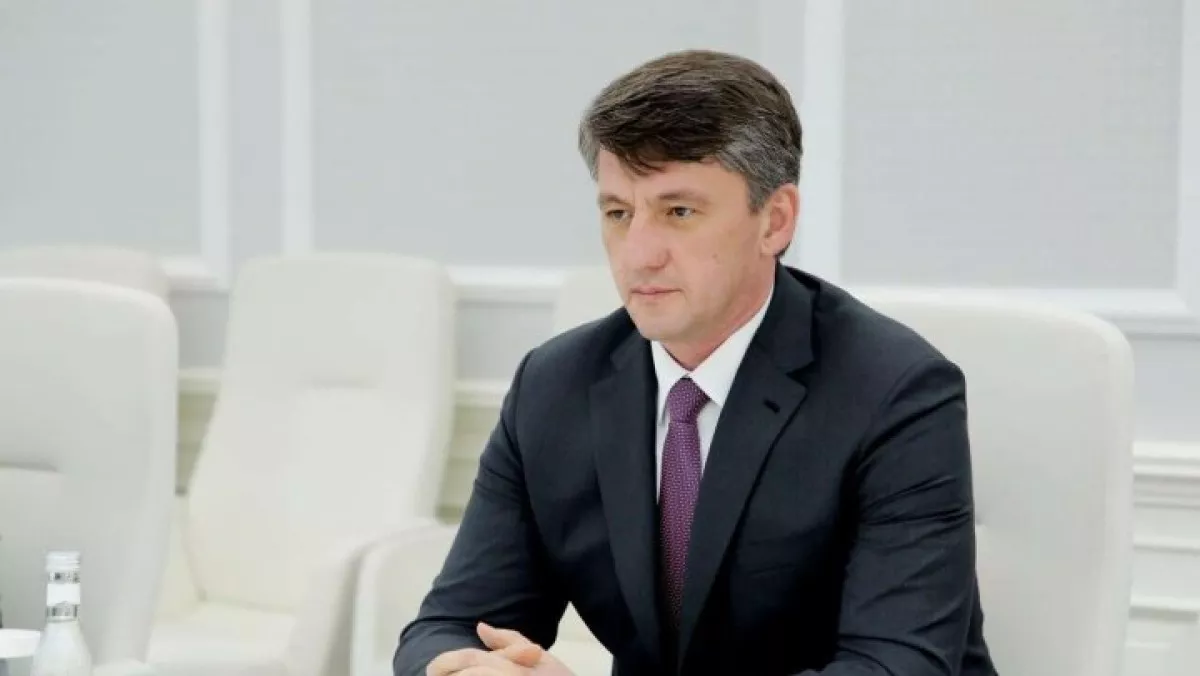Tashkent city administration increased the share of closed decisions

The Tashkent city administration has significantly increased the share of decisions that are not disclosed to the public. This was reported by Upl.uz.
Analysis of data from the E-Decision portal shows that since the beginning of 2025, 67.1 percent of the documents signed by Mayor Shavkat Umurzakov have not been made publicly available. This figure has increased compared to the previous year, as in 2024 the share of closed decisions did not exceed 50 percent.
From January to August 18, 2025, the Tashkent mayor made a total of 803 decisions. Only 264 of them, or 32.9 percent, were open to the public, while the remaining 539 decisions, or 67.1 percent, were not provided to citizens.
Additionally, 371 of the closed decisions were marked as "Confidential for service." During the same period in 2024, 763 decisions were made, of which 405 were open and 358 were closed.
Thus, despite a 5.2 percent increase in the number of decisions, the share of closed documents has nearly increased one and a half times. At the same time, the activity of the Tashkent People's Deputies Council is considered relatively transparent.
Since the beginning of 2025, they have made 172 decisions, of which 135 are open to the public. Although the openness rate has slightly decreased from 85 percent in 2024 to 78 percent, it remains high, especially compared to the city executive authority.
In previous years, the authorities' activities were also relatively transparent. For example, in 2022, under the leadership of city mayor Jahongir Artykhodjayev, 607 out of 1040 decisions, or 58 percent, were made public.
As representatives of the Ministry of Justice have previously emphasized, current legislation allows mayors to independently determine the level of openness of documents. The law provides for restrictions if documents contain confidential information such as defense, security, or personal data.
However, in practice, the confidentiality mark is sometimes applied to documents that do not actually contain confidential information. For example, in October 2024, Shavkat Umurzakov signed a decision to allocate 100 billion soums for heating subsidies, which was hidden from the public.
This decision did not justify the imposition of restrictions. Interestingly, at the same time, a decision to provide housing to orphans was fully open to the public, including their full names and addresses.
This problem is not new. In 2022, cases of economic decisions being hidden were identified.
For instance, documents regarding the expenditure of 18 billion soums on city festivals, all carried out based on direct contracts, were not published on the E-Decision portal. Later, the Prosecutor General's Office found violations of public procurement legislation and embezzlement of budget funds.
In October 2024, the director of the Anti-Corruption Agency, Akmal Burhanov, reported on the systemic problem. According to him, in 2023, out of 115,000 decisions made by authorities nationwide, more than 43,000 were illegally hidden, accounting for 37.3 percent.
He criticized that among the hidden decisions were those related to funds allocated for building construction and employee incentives. This situation allows authorities to spend funds at their discretion.
Legislative changes needed to improve the situation have not yet been adopted. Since 2014, the Republic of Uzbekistan has had the law "On Transparency of State Authorities and Management Bodies."
This law obliges state bodies, including city administrations, to provide information about their activities to citizens and the media. Only state secrets or information protected by law

